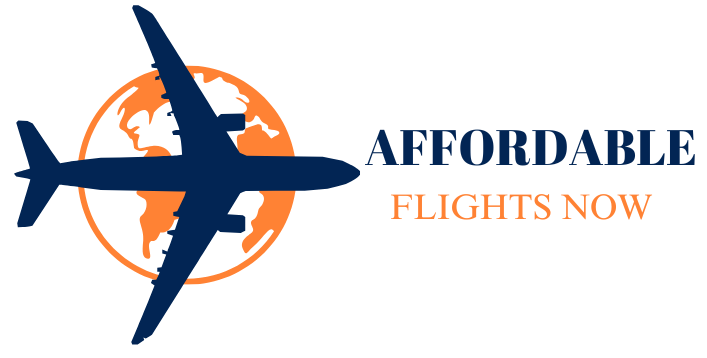Does United Airlines Pay for Flight Attendant Training?
✅ Summary: Training at United Airlines is technically paid—though the compensation covers only a portion of living costs during training, and costs can still pile up.
Table of Contents
1. Becoming a Flight Attendant at United
Once you receive a Conditional Training Offer (CTO), you’re scheduled for an intensive 6.5-week in-person (Houston, TX) Inflight training program. United’s flight attendant training includes classroom work, emergency procedures, safety drills, and hands‑on instruction. You are officially an United Airlines employee only after graduating.
2. What Compensation Does United Provide During Training?
- Weekly stipend: United provides approximately US $140 per week to trainees
- Graduation bonus: A $1,000 completion bonus is paid after successful graduation from training.
- Accommodations & meals: Hotel rooms and breakfast and lunch on training days are covered by the airline.
- Uniform support: Trainees can purchase uniform and luggage via payroll deduction or payment plan
3. What Isn’t Covered
- Travel to training: United usually flies you in for training, so relocation travel for training is covered Reddit.
- Remaining expenses: Trainees are not paid a full salary or typical hourly wage during training. Living costs (rent, bills, incidentals) are not fully covered, and many find the stipend insufficient .
4. Real Trainee Perspectives
On Reddit, flight attendant hopefuls offer candid insight:
“United is $140/week and $1000 upon graduation”
“Weekly stipend is $140 per week. Not enough to pay bills.”
From another:
“I received my CTO … With a weekly stipend of $140, I’m not sure how I will be able to afford living expenses during training…”
And:
“Under the current … new contract, new hires on year 0 and 1 pay will be lucky to break $40 k your first year… training was not unpaid —I hope they still give the weekly stipends”
5. After Training: Your Pay as a New Hire
Once you’re flying, your pay kicks in by the hour:
- Starting pay: $28.88 per flight hour.
- Progression: Annual raises up to $67.11/hour in your 13th year.
- You also receive:
- Per diem: $2.40/hour domestic, $2.90/hour international.
- Reserve override: +$2/hour when on reserve duty.
Additionally, United has a contract proposal (under member vote through July 29, 2025) offering pay increases for flight attendants of up to 45.6% and benefits like half-pay for boarding time, retroactive payments ($595M), and a boost in starting hourly pay to $36.92, rising to $42.06 during the contract period.
6. So, Does United “Pay for” Your Training?
Technically yes, in that you are compensated with stipend, meals, housing, and a completion bonus. But it’s not equivalent to full wages, and many trainees report that the $140/week stipend plus covered meals and lodging often falls short of covering rent, bills, or other financial obligations for that 6.5-week period.
✅ Summary Table:
| What United Provides | What You Might Still Pay For |
|---|---|
| $140/week stipend | Rent or mortgage, utilities, transportation |
| $1,000 graduation bonus | Groceries, phone bills, medical expenses |
| Hotel, breakfast & lunch | Dinner, snacks, other meals |
| Flight in to relocation | Parking, shipping belongings, pet care, etc. |
7. Tips if You’re Considering Training
- Save ahead: Have several weeks’ worth of living expenses set aside.
- Budget tightly: Prepare to stretch that stipend creatively (e.g. roommates, cooking simple meals).
- Consider deferring if life circumstances make it tough: United may allow a one-time training postponement.
- Plan for first paycheck timing: Sometimes you don’t see your first pay until after training plus your first flight block.
🔍 Final Thoughts
United does compensate trainees—but only at a limited rate. The weekly stipend and bonus help offset training-related costs, but you won’t earn your full flight-hour wage until after graduation. Many trainees report financial tightness during the training period and recommend having external financial support in place.
If you’re evaluating whether United is the right fit, plan carefully, save in advance, and review your own budget. Training pays—but not enough to fully live on.



